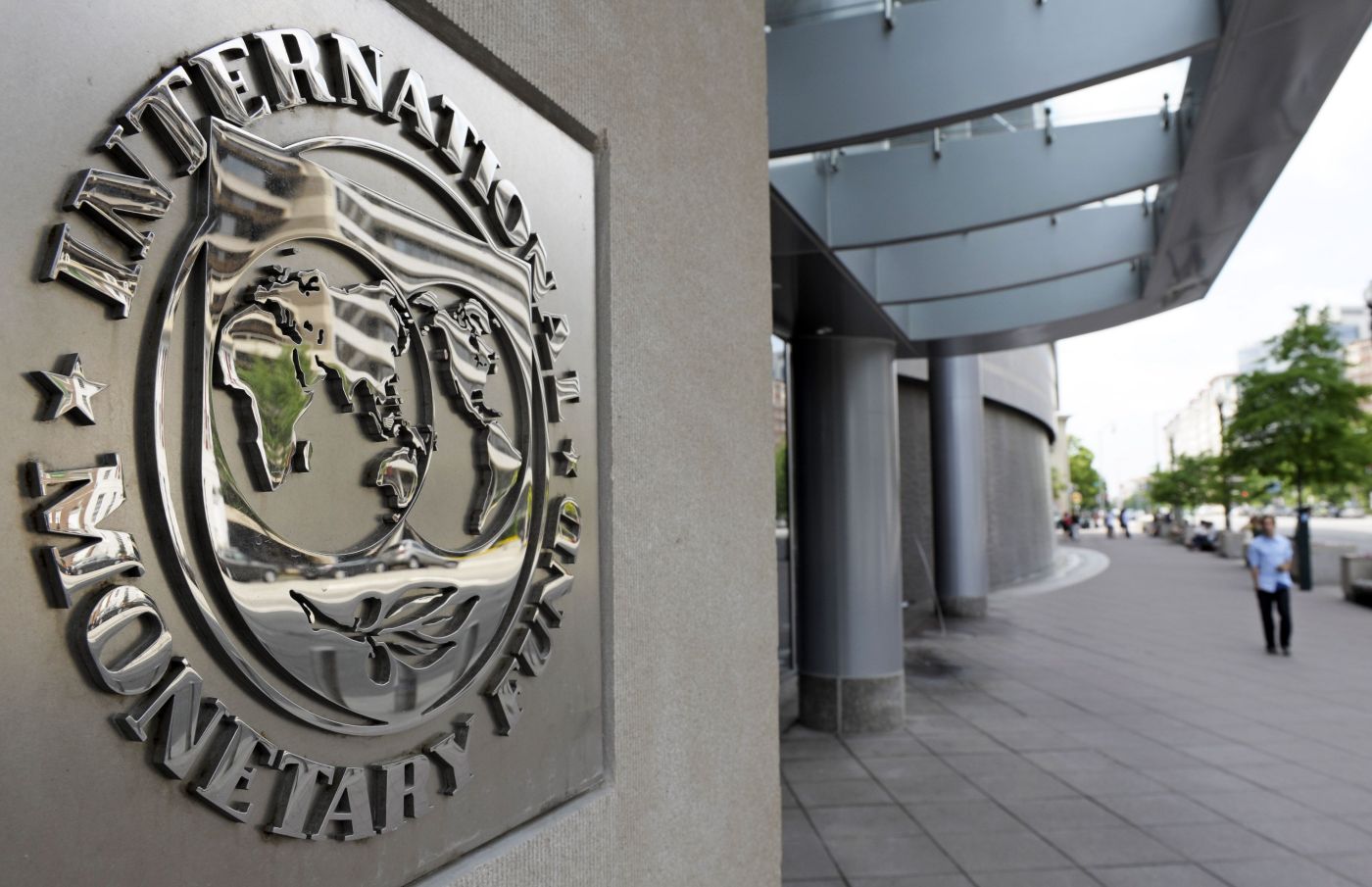
Recent improvements in public financial management in Uganda are expected to boost revenue collection and the quality of government investments in projects, the International Monetary Fund has said.
It also praised the government’s efforts in adopting a strong revenue package approved by Parliament in the context of this year’s budget.
The East African country’s economic development’s remained ‘favourable’, the IMF said, with growth now estimated to exceed 5% in 2013/14.
But collecting taxes from all ‘economic agents’ remained a key priority, the fund noted, while commending the recent elimination of VAT exemptions.
‘[This] needs to be accompanied by strict enforcement by the Uganda Revenue Authority and enhanced compliance from taxpayers,’ the IMF said following its third review of the country’s economic programme.
‘It is also important to avoid granting new exemptions that would undermine the gains accomplished thus far.’
The fund also urged Uganda to improve its tax-to-GDP ratio before oil revenues come on stream to reduce its dependence on donor assistance or domestic borrowing and finance the countries’ significant investment and social needs.
Additionally, particular attention needed to be paid to the sequence and quality of public investment projects, the fund said.
‘Execution and financing have to be consistent with the capacity of the economy to absorb investments without generating inflation or crowding out the private sector, and to repay debt without increasing the risk of debt distress.’
It added: ‘Progress in regional integration and recent improvements in public financial management are set to support these efforts.
‘The government is encouraged to begin preparing the charter of fiscal responsibility as envisaged in the PFM bill. A speedy approval of this bill, now under parliamentary consideration, followed by prompt adoption of its regulations, will facilitate preparations for efficient petroleum revenue management and bring forward the budget cycle to improve fiscal policy efficiency.’
On Monday, the Horn of Africa region, which includes Uganda, received more than $8bn from international donors to boost economic growth and reduce poverty.
Meanwhile, in June, Uganda was urged by the World Bank to overhaul its pension system in order to speed up the country’s economic development and expand social protections.
FRENCH VERSION
Des améliorations récentes dans la gestion des finances publiques en Ouganda sont censées stimuler la perception des recettes et la qualité des investissements dans les projets du gouvernement, le Fonds monétaire International a dit.
Il a également salué les efforts du gouvernement en adoptant un paquet de fortes recettes approuvé par le Parlement dans le cadre du budget de cette année.
De développement économique du pays est-africains reste « favorable », le FMI a déclaré, avec croissance maintenant évaluée à plus de 5 % en 2013/14.
Mais le recouvrement des taxes de tous les « agents économiques » est restée une priorité essentielle, le Fonds a souligné, tout en se félicitant de la récente élimination des exonérations de TVA.
“[Ce] doit être accompagnée d’une application stricte de l’Uganda Revenue Authority et conformité accrue des contribuables,” le FMI a déclaré après sa troisième examen du programme économique du pays.
« Il est également important d’éviter l’octroi de nouvelles exemptions qui pourrait compromettre les gains accomplis jusqu’à présent. »
Le Fonds a également exhorté l’Ouganda pour améliorer son ratio impôts-PIB avant revenus pétroliers viennent sur stream pour réduire sa dépendance vis-à-vis des donateurs ou emprunt national et financer de l’investissement et les besoins sociaux du pays.
En outre, une attention particulière nécessaire à payer à la séquence et la qualité des projets d’investissement public, dit le fonds.
« Exécution et le financement doivent être compatibles avec la capacité de l’économie d’absorber les investissements sans générer de l’inflation ni d’éviction du secteur privé et à rembourser la dette sans pour autant augmenter le risque de surendettement. »
Il a ajouté: « progrès dans l’intégration régionale et les récentes améliorations dans la gestion des finances publiques sont définies à l’appui de ces efforts.
“Le gouvernement est encouragé à commencer à préparer la Charte de responsabilité fiscale, comme le prévoit le projet de loi PFM. Une approbation rapide de ce projet de loi, maintenant l’examen parlementaire, suivie d’une adoption rapide de son règlement d’application, facilitera les préparations pour la gestion des revenus pétroliers efficace et faire avancer le cycle budgétaire pour améliorer l’efficacité de la politique fiscale. »
Lundi, la région de la corne de l’Afrique, qui comprend l’Ouganda, a reçu plus de 8 milliards $ de bailleurs de fonds internationaux pour stimuler la croissance économique et réduire la pauvreté.
Pendant ce temps, en juin, l’Ouganda a été invité par la Banque mondiale de revoir son système de retraite afin d’accélérer le développement économique du pays et d’étendre les protections sociales.


